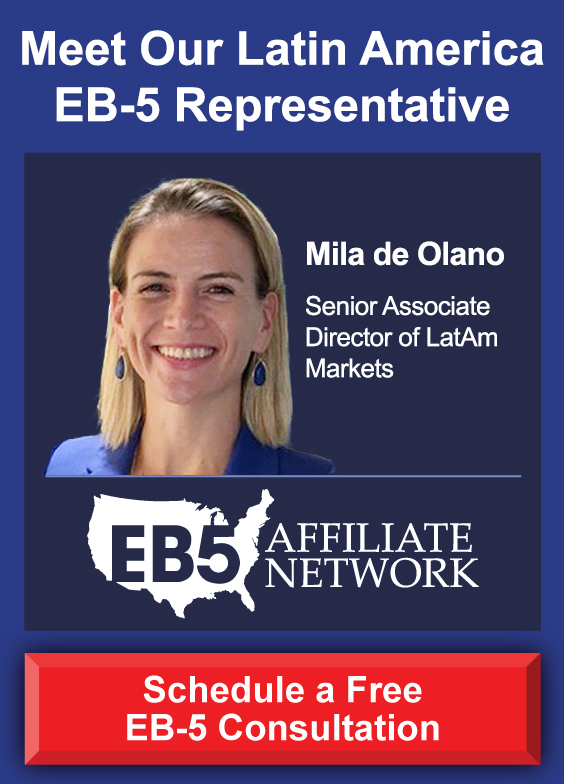An EB-5 investment may be made in an existing and successful business under certain circumstances: (i) if the existing business is restructured so that a new commercial enterprise (NCE) results or (ii) if the investment results in either a 40% increase in the net worth of the business or a 40% increase in the number of employees. United States Citizenship and Immigration Services (USCIS) defines an NCE as a for-profit organization that was created or restructured after November 29, 1990.
On the other hand, EB-5 investors do not necessarily have to invest in an NCE—they can also choose to invest in a troubled business. Under the EB-5 program, a troubled business is one that has experienced a net loss of at least 20% during the 12 or 24 months before an investor files Form I-526, Immigrant Petition by Alien Investor. Troubled businesses must have been established for at least 24 months before receiving an EB-5 investment.
The majority of EB-5 investors choose to invest in an NCE; therefore, they must create 10 new full-time jobs for quailing U.S. workers. In contrast, foreign nationals who choose to invest in a troubled business may not necessarily have to create new jobs—the main purpose of investing in troubled businesses is to preserve existing positions. For instance, a troubled business receiving EB-5 investment capital may have 10 employees. In this case, the EB-5 investor does not necessarily have to show USCIS that their invested funds created new jobs; they only have to preserve the business’s existing employment.
Foreign nationals planning an EB-5 investment should consult a knowledgeable immigration attorney to make sure that the business in question qualifies as an NCE or a troubled business. The most reliable immigration attorneys have ample experience working with EB-5 investors and have successfully filed numerous visa petitions such as Form I-829.










